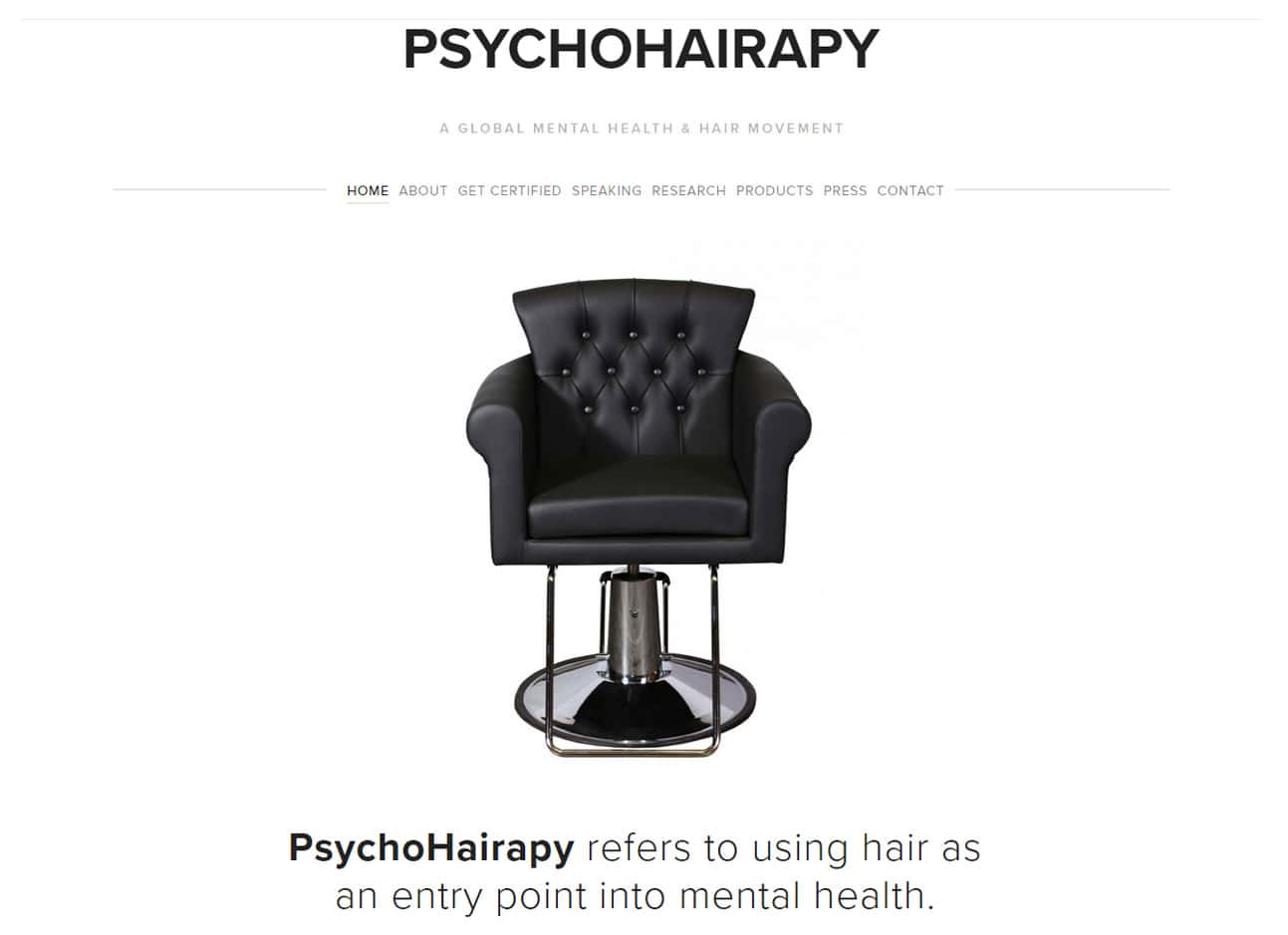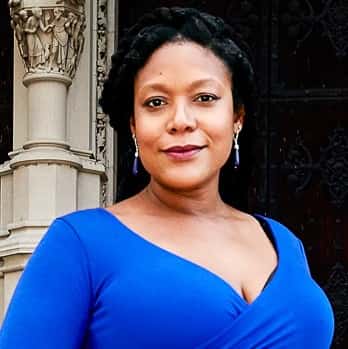INVESTIGATION
Hair discrimination is a perfect example of seemingly innocuous discriminatory policy that targets black women in socio-economic spheres.
Alethea Farline investigates how this policy impacts education, mental health, and societal perceptions of race.

EXPERTS have claimed that discrimination can have a devastating long-term impact on mental health and self-esteem.
According to research by Dr Afiya Mbilishaka, psychologist and founder of ‘global mental health and hair movement’ Psychohairapy, negative hair experiences trigger unwarranted psychological distress for black people.
Dr Gillian Scott-Ward is a psychologist and film director of Back to Natural, a documentary about hair, politics, and racial identity. She said: “There aren’t words strong enough to explain the impact of being a part of a culture that assumes the inferiority of black people.
“It’s not only missing more days of school; black children in general are more disciplined for behaviours that are brushed aside for non-black children because of assumptions. They see a behaviour through the lens of negative assumptions, so black children are more likely to be punished and be suspended from school.
“Also, you have children disengaging. If school doesn’t feel like a safe place, if school feels like a place I get in trouble for nothing, then why would I want to be in school?”

Another study demonstrated that hair discrimination directly correlated to psychological distress, as several female participants expressed needing longer hair length to feel physically adequate.
Dr Scott-Ward said: “Whether it’s their physicality, the way our bodies are shaped, the way our skin looks, the way our hair is, assumptions (are made) about our personality, our worth, what we’re good at, what we’re not good at.”
“Especially for children to be kicked out of school for simply having the hair that grows out of their head, or having a seven-year-old used to the burning and the scabs on your scalp from chemical processes, it does indelible psychological and physiological damage.”
Psychologists have suggested that policies of hair protection at work and hair-based professional development for teachers and students should be implemented. Included in this training is the importance of language.
Dr Scott-Ward said: “[It’s] so important, because we don’t have the language, necessarily. As a psychologist, I offer workshops from different perspectives that accompany the screening of the film (Back To Natural).
“We talk about language and we spend time coming up with a list of language to use when thinking about your hair, or if you don’t have this hair, to compliment other people’s hair.
“I always say if you see a child with beautiful natural hair, just compliment it. So they can begin to associate how they naturally are with positive feelings.
“In the United States, most teachers are white. Without not only training but psychological healing -because training doesn’t necessarily take away what you’ve learned all your life or what you see represented on TV- that only cognizes your beliefs about black people, so it’s damaging and it does a lot of damage individually and systemically.”



